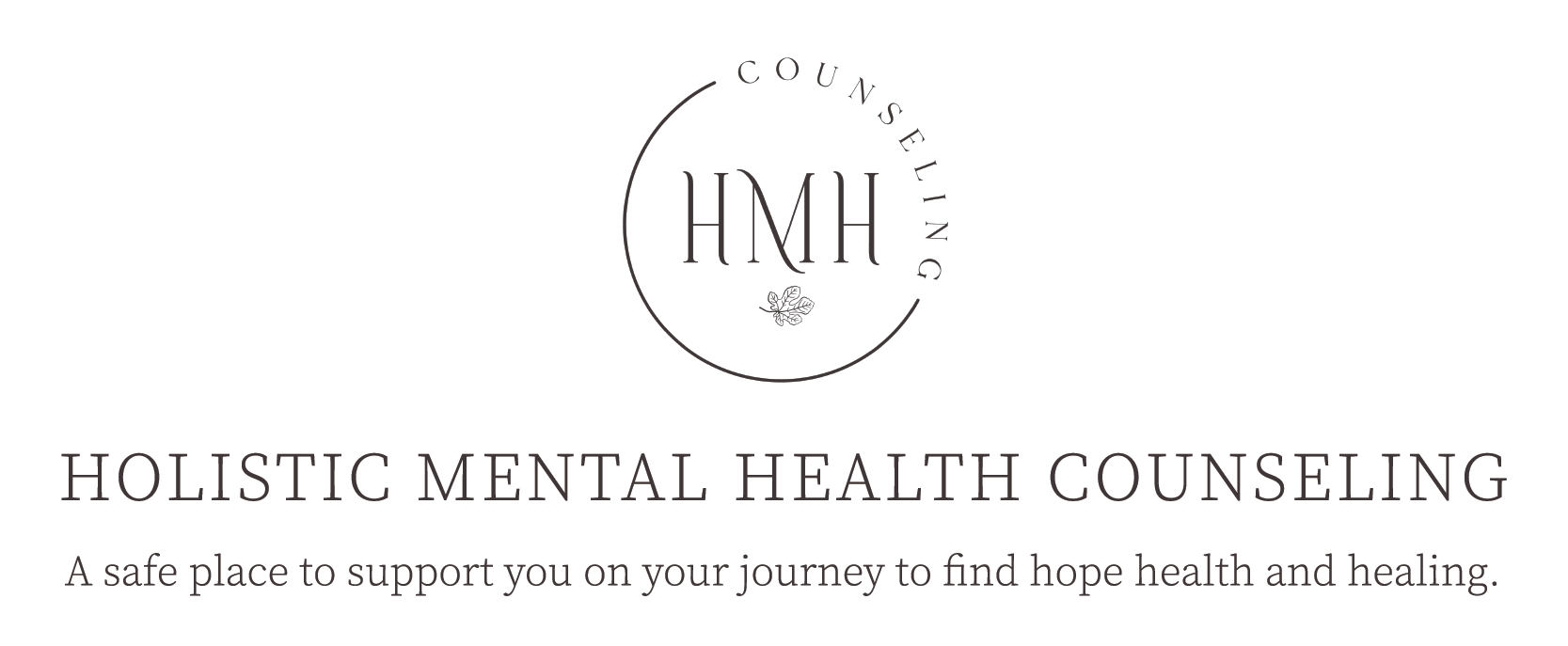August 5 • Written by Jennifer Sierra, LMHC
If you’re struggling with anxiety, depression, or another mental health condition, it can be hard to know where to start when it comes to finding help. Therapy is one option that many people consider when they’re looking for support.
Who Can Benefit from Therapy?
Therapy isn’t just for people with mental illnesses or other serious conditions. People who simply want to improve their lives sometimes benefit from it as well. Some common reasons for seeking therapy include:
Difficulty in your relationships
Challenging negative thinking
Discovering why you feel so disconnected
Working through difficult or painful childhood issues
Finding meaning and purpose
Improving your self-esteem
Establishing Boundaries with Your Therapist
It’s important to remember that in therapy, your main focus should be on your own well-being and growth. Your therapist is there to support and guide you, creating a safe space for you to explore and learn. While it’s natural to feel empathy towards your therapist, establishing boundaries and maintaining your own self-care is crucial. This freedom to solely focus on yourself and your journey of learning new communication methods can greatly contribute to the therapeutic process.

The Therapeutic Relationship
Therapy is a collaborative effort, and your therapist is trained to create a supportive atmosphere of trust for you to explore your thoughts and emotions. They have their own support systems in place outside of therapy and are equipped to handle the challenges that may arise during your sessions.
A therapist is trained to create a safe environment by building a relationship based on trust and respect. As the trust between you and your therapist develops over time, you both can work towards uncovering and understanding the underlying causes of your struggles and seek healing together.
How Therapy Can Help You
Therapy can help you in several ways:
Understand yourself better: In therapy, you’ll learn about your likes and dislikes, how your past experiences affect the way you act now, and what experiences shaped who you are today. Understanding yourself better can allow you to make more intentional choices in your life and develop healthier relationships with yourself and others. Additionally, your therapist can provide you with tools and techniques for managing difficult emotions and navigating challenging situations.
Gain clarity on your goals: Your therapist will help guide you through any obstacles standing between where you are now and where you want to be in life — whether that means finding more meaning and purpose in your life or overcoming sadness or anxiety your therapist will provide guidance and support as you gain clarity on your goals. Through this process, you can develop strategies and take steps towards achieving the positive changes you desire in your life.
Get perspective on past experiences: A therapist will help put everything into perspective by looking at past events from several angles and helping you identify patterns so that they don’t keep happening over and over again in the future. Your therapist can provide you with tools and strategies for managing difficult emotions that may arise as you work through past experiences, helping you overcome obstacles that may have otherwise seemed impossible.
Try out new ways of communicating: During therapy sessions, you have the opportunity to explore and understand your patterns of communication, both with others and with yourself. A skilled therapist can help you identify any ineffective or harmful communication patterns that may be holding you back or causing conflict in your relationships. Through various therapeutic techniques, such as active listening and guided discussions, you can gain insights into your communication style and learn healthier ways of expressing your thoughts, feelings, and needs. Therapy can provide a supportive and non-judgmental space where you can practice assertiveness, effective listening, and emotional expression, allowing you to develop stronger communication skills to enhance your relationships and improve your overall well-being.
The Journey of Therapy
Therapy is a process that requires patience and time. Changes won’t happen overnight. Instead, therapy is a journey that has to be fully embraced. Throughout this journey, you and your therapist will work together to put the puzzle pieces together and identify how to best meet your needs. You can talk about things that are important to you without fear of judgment or ridicule.
As you grow in therapy, you’ll not only gain a deeper understanding of yourself but also of others around you. This newfound knowledge will equip you to face difficult situations in the future with more confidence and self-compassion. Therapy doesn’t have to be scary or intimidating — it can actually be something you look forward to.
I am, Jennifer Sierra, a licensed mental health therapist providing one on one online therapy in the state of Florida. If you or someone you love is suffering, please don’t suffer alone. You deserve to be heard, understood and cared for. There is more to your story, and I am here to help you start the next chapter.
Click the link below to self-schedule an intro call to see if we are a good fit or contact me securely my through my website contact page.





